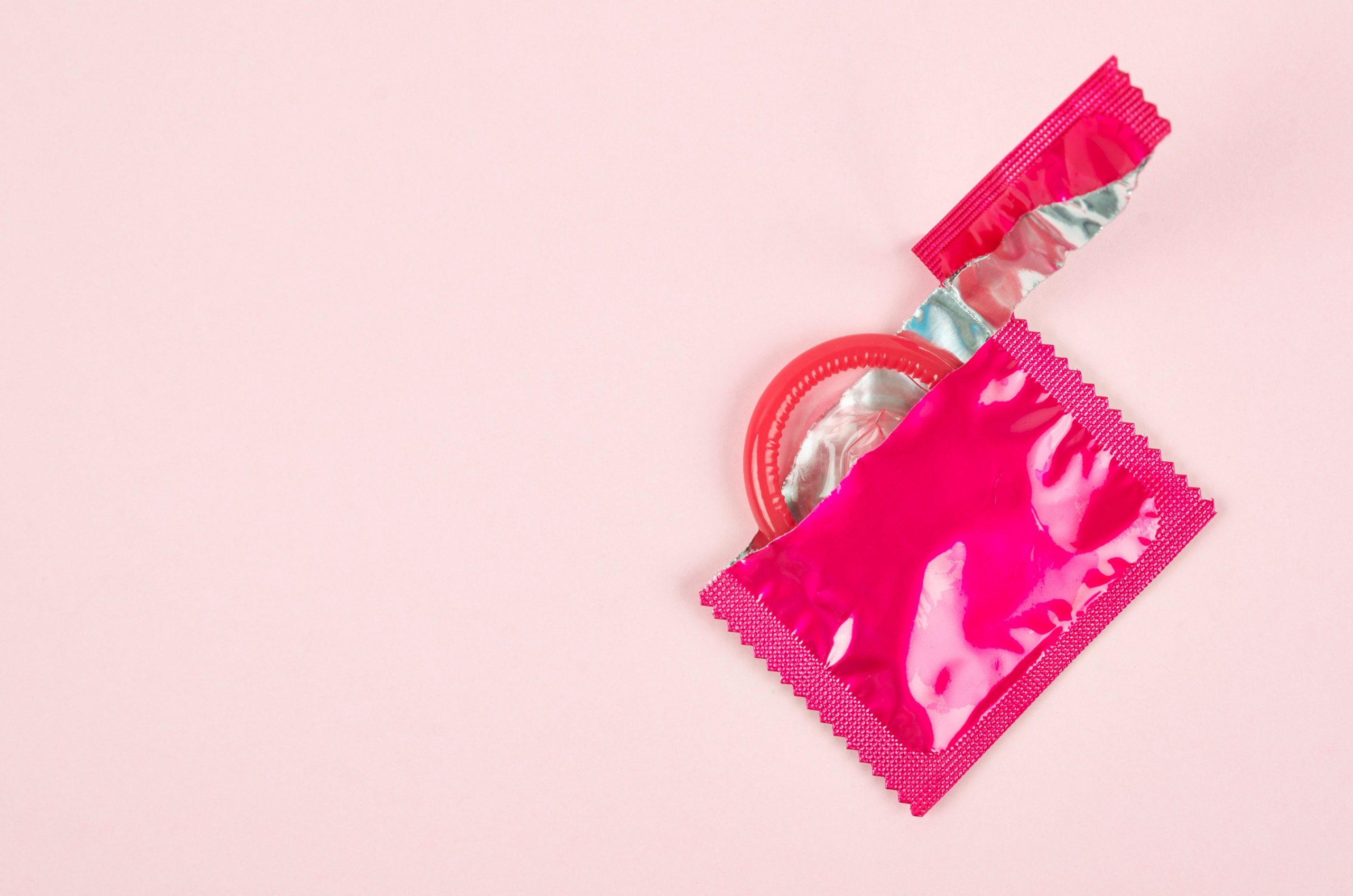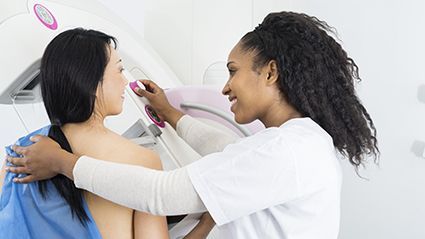
Young children who are close to their parents are more likely to grow up to be kind, caring and considerate. These kids may also have fewer mental health problems during early childhood and adolescence, a new study finds. By contrast, children whose early relationships with their parents are emotionally strained or abusive are less likely… read on > read on >






























